Nearly 30 years ago when she was just 46, my wife Nancy and I were living a dream life. Kids out of college, mortgage nearly paid off, no outstanding bills. It was great.
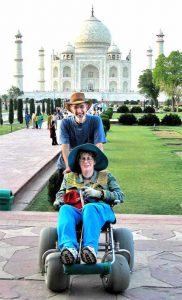
Then, literally overnight, our lives were ripped apart and changed forever by a series of five severe strokes that left her with the thinking and reasoning ability of a three-year-old child. She was also unable to speak, move or swallow.
It was highly doubtful whether she would survive or not, but I prayed for the best. Just a year older than she, the prospect of living the rest of my life without her was unacceptable.
I am blessed to be a fighter and a problem solver, two qualities which would come in handy for us if we were to have any kind of life after the strokes. It was clear we would have to start from scratch. Like many people facing similar challenges, I was spiritually, emotionally, physically and financially overwhelmed.
Over the years, I have led a number of support groups, some men only, some both men and women, but mostly groups of only women. Regardless of the ailments that befall their spouses (stroke, MS, Alzheimer’s, Parkinson’s), all feel essentially the same things: fear, bewilderment, depression and fatigue. It doesn’t take long to realize that living a life for two people (you and your spouse) is exhausting. “I didn’t sign up for this” is an expression I hear frequently.
Fortunately, those who find their way to a support group learn the first essential of surviving as a caregiver: you are not alone!
The members of the groups I have led almost always walk away with this important message in one way or another. They share freely the thoughts and techniques they have developed that helped them get through the struggles they share. Everyone benefits.
Important points to remember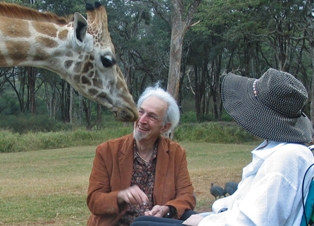
- Don’t underestimate the value of socializing. Getting out of the house, even if it’s just for a few hours to go to a meeting, or get your hair or nails done can do wonders for your spirit.
- You will also get a boost from the good feeling that comes when you help others. The ability to serve other human beings in some meaningful way is, to me, the essence of why we are here on this planet.
- Every problem has a solution. You don’t have to be the one to figure it out. Others may have already solved it for you.
- Make sure to take time for yourself even if it is no more than watching a favorite TV show alone without distraction from your loved one.
- Diversions, rest and temporary relief from caregiving are crucial to your well-being. You are of little use to your loved one if you burn out or give up.
You are not alone
For more information and resources about caregiving,
visit DisabledTravelersGuide.com and National Family Caregivers Month

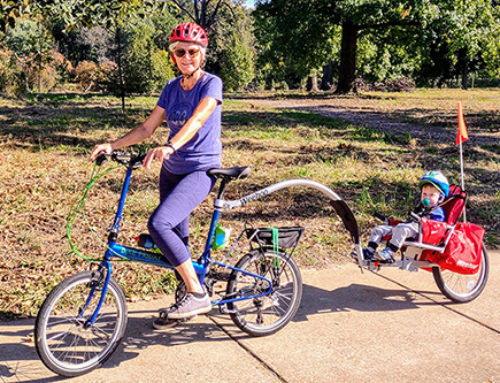
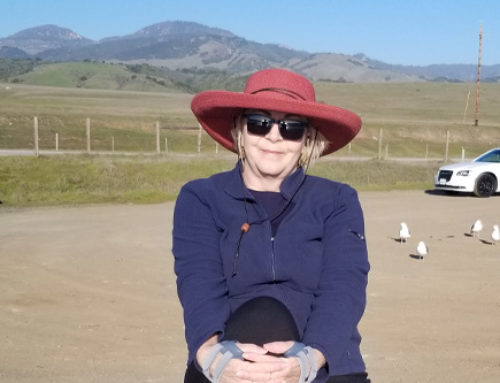

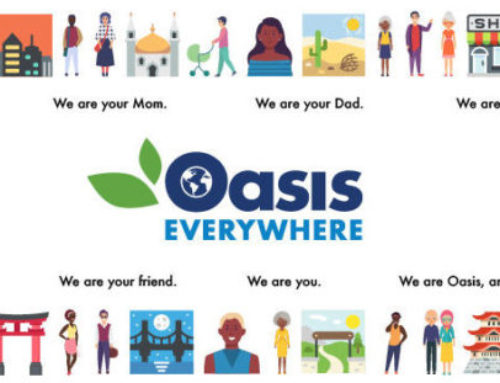
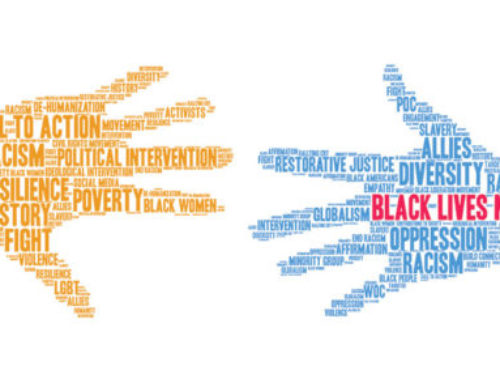
Leave A Comment
You must be logged in to post a comment.